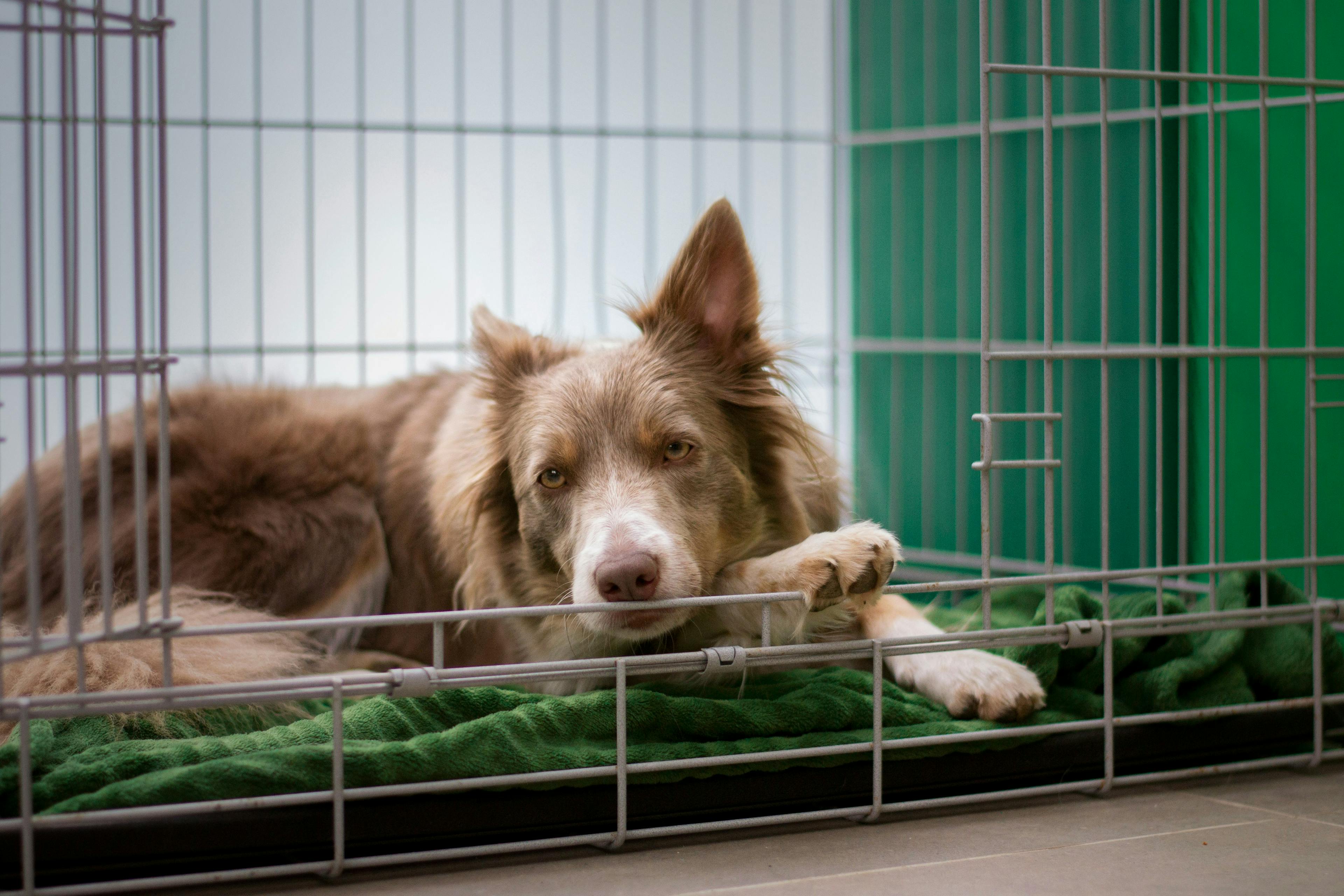Dog Insider
Celebrating the Charm, Unique Personalities, and Unconditional Love of Our Furry Companions
Avocado, a fruit popular for its health benefits in humans, often raises questions about its safety for dogs. The primary concern with avocados is a substance called persin, found in the fruit's leaves, skin, and pit. While dogs are more resistant to persin than other animals, exercising caution is still advisable.

Dogs can develop allergies to any food, including chicken, a common ingredient in commercial dog foods. Signs of a chicken allergy in dogs include skin irritation (itching, redness, inflammation) and digestive issues (vomiting, diarrhea, loss of appetite). Managing this allergy involves feeding your dog a chicken-free diet, choosing foods with limited ingredients, and considering supplements like omega-3s for their anti-inflammatory benefits. Regular veterinary consultation is vital for the well-being of dogs with food allergies.

Crate training an older dog may seem daunting, but it's entirely achievable with patience and the right approach. Key steps include selecting a suitable crate, introducing it gradually with positive reinforcement, and slowly increasing the duration your dog spends inside. Remember, consistency and a calm demeanor are essential for a successful crate training experience.